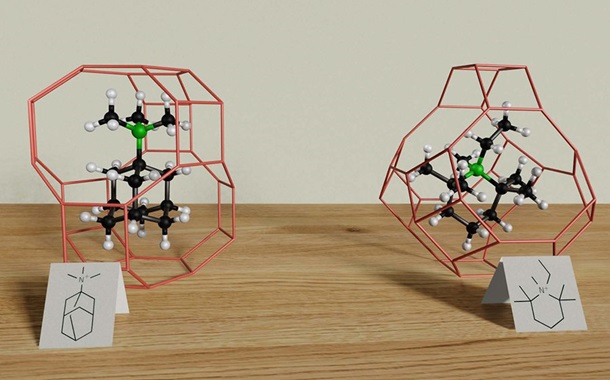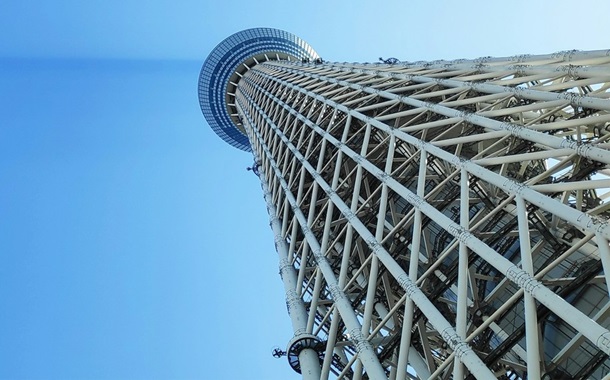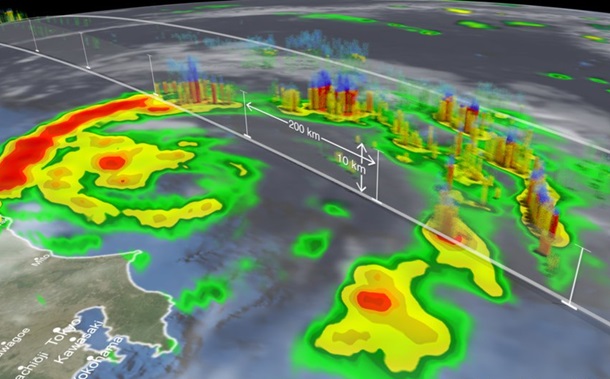Study of Optimization of Tourists' Travel Paths by Several Algorithms
Downloads
Doi:10.28991/HIJ-2023-04-02-012
Full Text:PDF
Downloads
Yu, C., & Zhang, H. (2020). Research on experiential tourism route planning based on multi-source data algorithm in rich energy and cultural resources areas. Journal of Physics: Conference Series, 1648(2), 1–5. doi:10.1088/1742-6596/1648/2/022034.
Dayoub, B., Yang, P., Dayoub, A., Omran, S., & Li, H. (2020). The role of cultural routes in sustainable tourism development: A case study of Syria's spiritual route. International Journal of Sustainable Development and Planning, 15(6), 865–874. doi:10.18280/ijsdp.150610.
Qu, Z. (2020). Construction of Tourism Planning Information System Based on Ant Colony Algorithm. Journal of Physics: Conference Series, 1533(2), 022101. doi:10.1088/1742-6596/1533/2/022101.
Wu, X., Guan, H., Han, Y., & Ma, J. (2017). A tour route planning model for tourism experience utility maximization. Advances in Mechanical Engineering, 9(10). doi:10.1177/1687814017732309.
Zhang, Y., Jiao, L., Yu, Z., Lin, Z., & Gan, M. (2020). A Tourism Route-Planning Approach Based on Comprehensive Attractiveness. IEEE Access, 8, 39536–39547. doi:10.1109/ACCESS.2020.2967060.
Zhu, Y., & Lan, S. (2020). Key Route Planning Models of Natural Hot Spring Tourism in Coastal Cities. Journal of Coastal Research, 103(sp1), 1084. doi:10.2112/SI103-226.1.
Khamsing, N., Chindaprasert, K., Pitakaso, R., Sirirak, W., & Theeraviriya, C. (2021). Modified ALNS Algorithm for a Processing Application of Family Tourist Route Planning: A Case Study of Buriram in Thailand. Computation, 9(2), 23. doi:10.3390/computation9020023.
Hirano, M., & Yamamoto, K. (2022). Food Tourism Planning Support System within Urban Sightseeing Areas in Japan. Journal of Geographic Information System, 14(05), 389–409. doi:10.4236/jgis.2022.145021.
Chen, C., Zhang, S., Yu, Q., Ye, Z., Ye, Z., & Hu, F. (2021). Personalized travel route recommendation algorithm based on improved genetic algorithm. Journal of Intelligent & Fuzzy Systems, 40(3), 4407–4423. doi:10.3233/jifs-201218.
Xu, Y., Guo, Q., Tan, A., Xu, L., Tu, Y., & Liu, S. (2021). Multi-objective Route Planning of Museum Guide based on an Improved NSGA-II Algorithm. Journal of Physics: Conference Series, 1828(1), 012051. doi:10.1088/1742-6596/1828/1/012051.
Zhang, H., Guo, T., & Su, X. (2021). Application of Big Data Technology in the Impact of Tourism E-Commerce on Tourism Planning. Complexity, 2021, 1–10. doi:10.1155/2021/9925260.
Damos, M. A., Zhu, J., Li, W., Hassan, A., & Khalifa, E. (2021). A novel urban tourism path planning approach based on a multiobjective genetic algorithm. ISPRS International Journal of Geo-Information, 10(8). doi:10.3390/ijgi10080530.
Xiao, Z., Sen, L., Yunfei, F., Bin, L., Boyuan, Z., & Bang, L. (2017). Tourism Route Decision Support Based on Neural Net Buffer Analysis. Procedia Computer Science, 107, 243–247. doi:10.1016/j.procs.2017.03.086.
Miloševič, P., Miloševič, V., & Miloševič, G. (2022). Investigation Architecture and Environmental Planning in Prehistory for Designing an Ecologically Sustainable Tourist Resort. Journal of Human, Earth, and Future, 3(1), 99-128. doi:10.28991/HEF-2022-03-01-08.
Mei, Y. (2018). Study on the application and improvement of ant colony algorithm in terminal tour route planning under Android platform. Journal of Intelligent and Fuzzy Systems, 35(3), 2761–2768. doi:10.3233/JIFS-169628.
Zhou, X., Su, M., Liu, Z., & Zhang, D. (2019). Smart tour route planning algorithm based on clustering center motive iteration search. IEEE Access, 7, 185607–185633. doi:10.1109/ACCESS.2019.2960761.
Wang, J. (2019). Research on the optimization of path information in the process of logistics distribution by improved ant colony algorithm. Italian Journal of Pure and Applied Mathematics, 2019(41), 343-352.
Anand, A., & George, V. (2022). Modeling Trip-generation and Distribution using Census, Partially Correct Household Data, and GIS. Civil Engineering Journal, 8(9), 1936-1957. doi:10.28991/CEJ-2022-08-09-013.
Theocharis, N., Leligou, H. C., & Tseles, D. (2022). Innovation for People with Disabilities in Hospitality Industry: A Theoretical Approach. HighTech and Innovation Journal, 3(1), 102-114. doi:10.28991/HIJ-2022-03-01-010.
Surono, S., Goh, K. W., Onn, C. W., Nurraihan, A., Siregar, N. S., Saeid, A. B., & Wijaya, T. T. (2022). Optimization of Markov Weighted Fuzzy Time Series Forecasting Using Genetic Algorithm (GA) and Particle Swarm Optimization (PSO). Emerging Science Journal, 6(6), 1375-1393. doi:10.28991/ESJ-2022-06-06-010.
Wang, Y., Zhou, H., & Wang, Y. (2017). Research and application of genetic algorithm in path planning of logistics distribution vehicle. AIP Conference Proceedings. doi:10.1063/1.4992864.
Simič, D., Kovačevič, I., Svirčevič, V., & Simič, S. (2014). Hybrid firefly model in routing heterogeneous fleet of vehicles in logistics distribution. Logic Journal of the IGPL, 23(3), 521–532. doi:10.1093/jigpal/jzv011.
Gu, W., Liu, Y., Wei, L. R., & Dong, B. K. (2015). A hybrid optimization algorithm for traveling salesman problem based on geographical information system for logistics distribution. International Journal of Grid and Distributed Computing, 8(3), 359–370. doi:10.14257/ijgdc.2015.8.3.33.
- This work (including HTML and PDF Files) is licensed under a Creative Commons Attribution 4.0 International License.





















